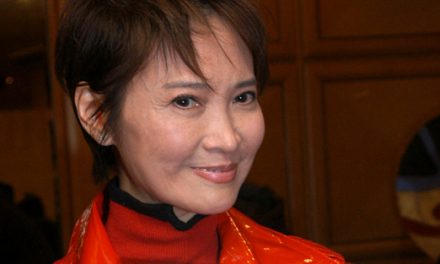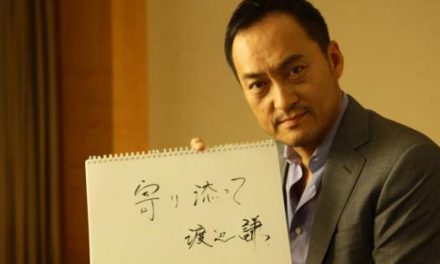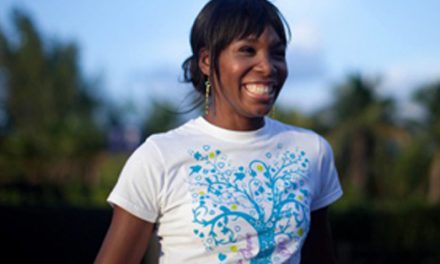Abstract:
Nelson Mandela was born in Transkei, South Africa, on 18 July 1918. He joined the African National congress in 1944 and was engaged in resistance against the ruling National Party’s apartheid policies for many years before being arrested in August 1962. Mandela was incarcerated for over twenty-seven years, during which his reputation as a potent symbol of resistance to the anti-apartheid movement grew steadily. Released from prison in 1990, Mandela won the Nobel Peace Prize in 1993 and was inaugurated as the first democratically elected president of South Africa in 1994. He is the author of the international bestseller “Long Walk to Freedom” and “Conversations with Myself”.
Mandela Day has been officially adopted by the United Nations as “Nelson Mandela International Day” (http://www.mandeladay.com/) on November 10, 2009. Mandela Day is a call to action for individuals – for people everywhere – to take responsibility for changing the world into a better place, one small step at a time, just as Mr Mandela did for more than 67 years. Start by devoting 67 minutes to community service on Mandela Day, on July 18 each year, and then make every day your Mandela Day by doing some good for others.
Key Dates:
- 1918 Born in the Eastern Cape
- 1944 Joins African National Congress
- 1956 Charged with high treason, but charges dropped
- 1962 Arrested, convicted of sabotage, sentenced to five years in prison
- 1964 Charged again, sentenced to life
- 1990 Freed from prison
- 1993 Wins Nobel Peace Prize
- 1994 Elected first black president
- 1999 Steps down as leader
Causes Supported:
Human Rights, Community Project, Youth, Elderly
Source of Information:
Nelson Mandela Centre of Memory
Photo Credit: Mandeladay.asia










